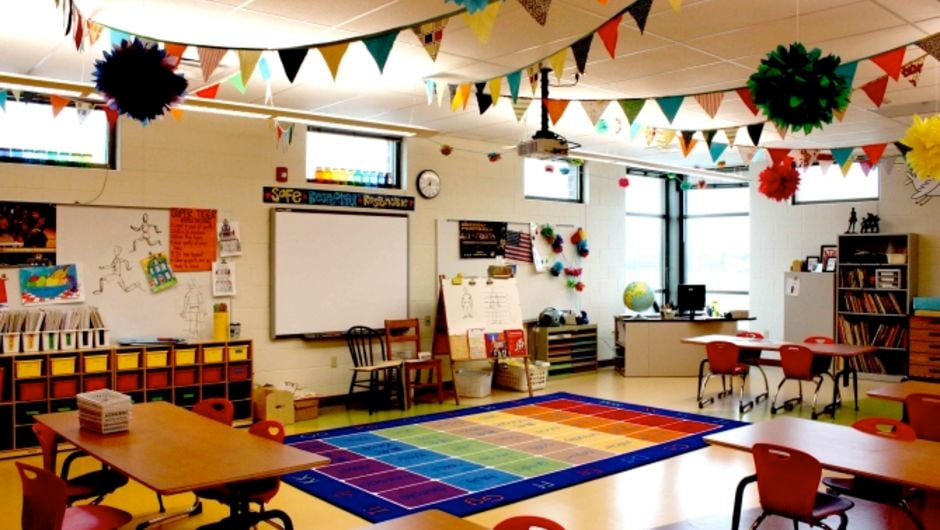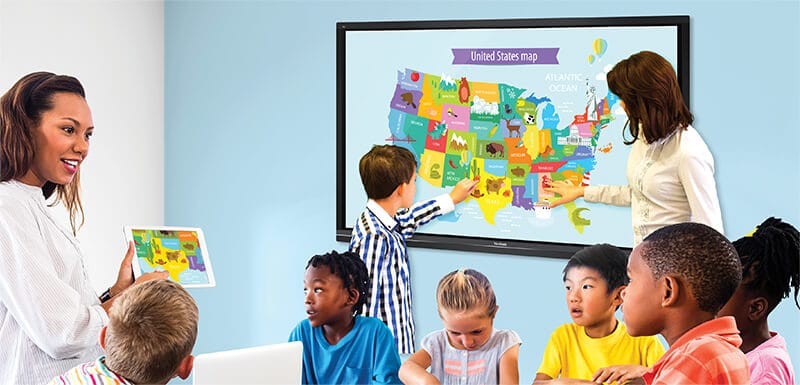In order to be a successful teacher in the classroom, it is important to have an understanding of special needs children and how you can make their educational experience more successful. There are many different types of disabilities that may impact a child’s ability to learn and some things will help them while others will hinder their progress. Below are a few examples of what would be considered essential for any classroom with special children:
A wide variety of learning techniques including multisensory methods, hands on activities, visuals, etc. -An understanding that all students learn differently -Tools such as adaptive devices or specialized equipment -Assistive technology such as computers with voice recognition software or touch screens which allow children who cannot use traditional tools themselves to have access to the tools and information -Teachers who are knowledgeable about the different disabilities and how they impact children’s learning, as well as what strategies will best help them.

High expectations and a structured environment
Positive reinforcement of good behavior -Small group or individualized activities which allow the teacher to closely monitor student progress -A large variety of learning materials which will accommodate different learning styles -Displays of student work in the classroom to provide visual motivation
Specialized teachers who are trained in special needs
It is important for parents of children with disabilities or other special needs to be aware that the success of their child’s education depends very much on having a positive, structured environment. Teachers need to have an understanding of different disabilities and how they impact children’s learning. They should also expect that the child will not learn exactly the same as their peers and adjust lessons and activities accordingly. This is especially important for young children who may become frustrated with their lack of success in academic areas and lash out, potentially causing a negative environment which could be detrimental to both special needs Institute for special children and their peers.
A classroom for special needs students should be structured, providing clear expectations of good behavior and allowing the child to succeed through positive reinforcement. This will require close monitoring by teachers to ensure that these goals are met. It is also important for parents to recognize that having a child with disabilities or other special needs may result in them missing a large number of days from school due to medical appointments and other activities. This can have an impact on their overall education especially in the early elementary grades where classwork is often taught at a rapid pace.
Parents should also be aware that having a child with special needs may require more frequent communication with teachers and school administrators regarding their progress or lack thereof. While children are often labeled “problem” students when they are misbehaving, the reality is that these children are usually exhibiting behaviors which are byproducts of their disabilities. These should be addressed through accommodations and changes in your child’s educational plan for learning rather than simply reprimanding them or taking away privileges.
It is important for teachers to have a wide variety of materials to accommodate all the different types of children in their class. They should have an understanding that no child learns exactly the same way and adapt lessons accordingly. This will require teachers to have specialized training in dealing with special needs students which is often provided by an advanced degree in Special Education, Child Development or related fields.
This is especially important for young children, who may be more easily frustrated by their lack of success in academic areas. Teachers should also be aware of how different disabilities impact a child’s learning and adjust activities accordingly. This is especially important for young children who often have not yet developed the coping skills to deal with difficult situations.
Also Read: African Orphans – Whose Responsibility Are They?
Also Read: Post-covid nights out: how to stay safe
Parents should recognize that teachers often have large classes of over twenty students which they are responsible for monitoring. Learning materials should be placed around the classroom so that they are accessible to all children, not just those who are acting out or being disruptive. This will help them redirect their attention back to learning new skills rather than simply punishing children who are misbehaving.
Displays of student work should be placed around the classroom so that every child can see their progress. This will help them feel a sense of accomplishment and build self-esteem, reducing incidents of anger or frustration due to a lack of academic progress.
Teachers should also provide visual motivation for children during tasks or lessons to keep them focused and working towards a goal. Whether this is through awarding stickers, candy or other tokens of recognition, the important thing is that it provides incentive for them to continue their work and remain on task.
Some children with special needs may require one-on-one time and extra encouragement from teachers in order to complete tasks and assignments. While working through a new concept, some children may need to spend additional time to master new skills before moving on. Depending on the nature of their disability, you may want to work with teachers in advance to ensure that your child’s special educational plan for learning includes extra time and assistance where needed.
For children who are severely impacted by learning disabilities or other challenges, it is often helpful to provide them with a tutor or other form of home-based support and instruction. This may be through a variety of programs such as those provided by LearningRx, where they will receive one-on-one attention from specially trained educational therapists to boost their academic abilities.
While this can be costly and not all parents may have the resources to provide for this type of support, it can be extremely effective in helping children learn the skills they need to succeed. Children with special needs are just that – special – and deserve all of the attention needed to help them overcome their challenges so that they can grow into capable, independent adults.


 Home
Home










